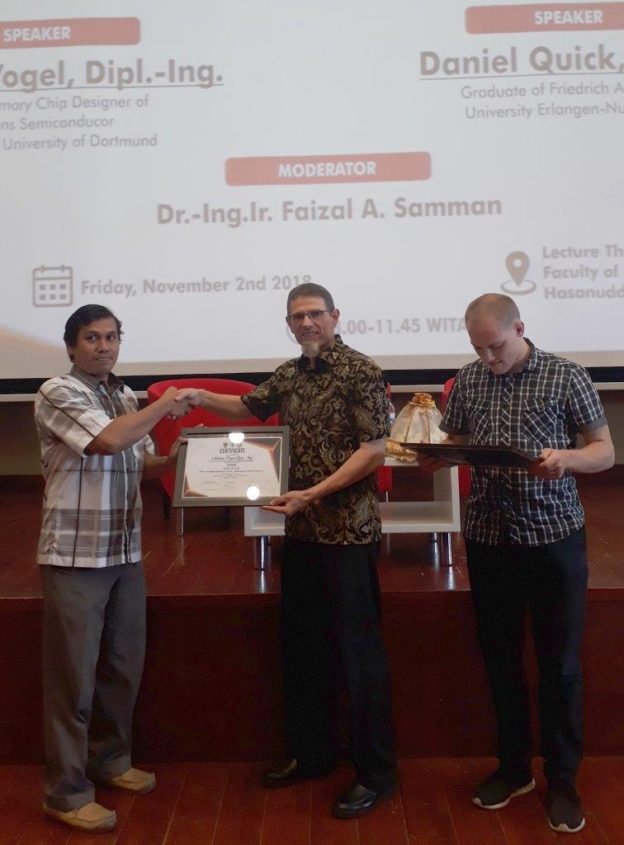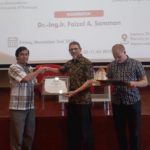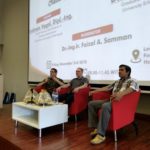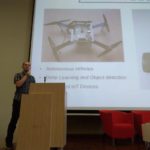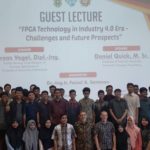In our increasingly digitized world we find ourselves enjoying “smart” technologies in our daily lives: smart watches monitoring our health, smart homes increasing our personal comfort and smart cities mitigating traffic jams, not to mention the hope that one day driverless cars will provide more safety and convenience on the roads. Not only are we seeing ‘smart technology’ for personal use but we also now have what we call ‘smart factories’. In technical circles there is a new buzzword (coined by a German government initiative) that dominates discussions among engineers and scientists: Industry 4.0. This fourth industrial revolution brings a compelling vision of our factories becoming smarter and more efficient and less wasteful. At the heart of these smart factories, electronic devices are connected through the so-called “internet of things” that collects and exchanges data needing less and less human interference.
The Department of Electrical Engineering at the Hasanuddin University also engages in research which revolves around the “internet of things” in various ways.
From May to November 2018 our SEEDS long-term consultant at the Department of Electrical Engineering of Hasanuddin University hosted a short-term volunteer who recently graduated from the Friedrich Alexander University (Erlangen, Germany). The objective was to develop a framework that will help students to design “smart” electronic devices based on FPGA technology.
On November 2, 2018 the outcome of this partnership was presented as a guest lecture titled “FPGA Technology in Industry 4.0 Era – Challenges and Future Prospects” in the auditorium of the Faculty of Engineering at Hasanuddin University. More than 80 students were given an overview of the benefits of FPGA technology and shown a demonstration on image processing being performed on a FPGA board. We hope that this will motivate some of these students to attend the lectures of our SEEDS long-term consultant and get involved in research, as they write their thesis, which seeks to make everything “smart”.

